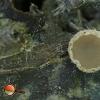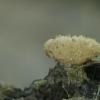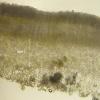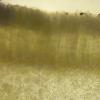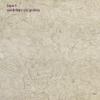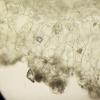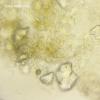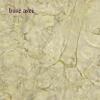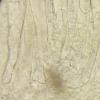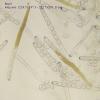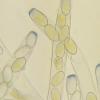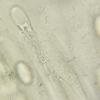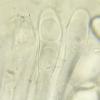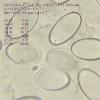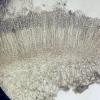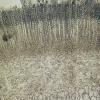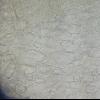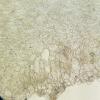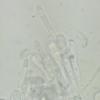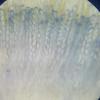
23-02-2026 11:22
Thomas Læssøehttps://svampe.databasen.org/observations/10584971

29-11-2024 21:47
Yanick BOULANGERBonjourJ'avais un deuxième échantillon moins mat

07-02-2023 22:28
Ethan CrensonHello friends, On Sunday, in the southern part of

19-02-2026 17:49
Salvador Emilio JoseHola buenas tardes!! Necesito ayuda para la ident

19-02-2026 13:50
Margot en Geert VullingsWe found this collection on deciduous wood on 7-2-

16-02-2026 21:25
 Andreas Millinger
Andreas Millinger
Good evening,failed to find an idea for this fungu

08-12-2025 17:37
 Lothar Krieglsteiner
Lothar Krieglsteiner
20.6.25, on branch of Abies infected and thickened
A small Peziza from the ground.
Mirek Gryc,
12-06-2021 16:38
Hello everyone
A colleague sent me this Peziza in a living state. Ascomata diameter about 4 mm. It has a very characteristic layer, especially bottom. I present in the pictures. I have never seen a Peziza such construction.
Spores smooth, I checked in Cotton Blue
Each hint is welcome.
I can not find my name for her.
greetings
Mirek
Nicolas VAN VOOREN,
14-06-2021 12:05

Re : A small Peziza from the ground.
The type of amyloid reaction is typical of the Peziza-core group (Peziza s. str.), but hard to say anuthing with only one apothecium.
Mirek Gryc,
14-06-2021 14:29
Re : A small Peziza from the ground.
Hi Nicolas
A few days I kept the living Ascomata to be sure that it is mature.
I am aware that the specification of the species in this group of peziza is very difficult, especially if one small Ascomat has.
As I mentioned earlier, I am wondering very interesting textures. I have never met such textures in the genus of peziza.
Re-research confirm their interesting construction.
In addition, I observed that Parphyses are densely septate, sometimes, lower member slightly expanded.
Again, I also measured the spores, the biggest dimensions were achieved:
Me = 18.5 × 10.5 ?m; QE = 1.8
The reaction to iodine in the more mature ascomata is much more deep, reaching the basics asci (photo).
Thank you for the previous comment.
greetings
Mirek
A few days I kept the living Ascomata to be sure that it is mature.
I am aware that the specification of the species in this group of peziza is very difficult, especially if one small Ascomat has.
As I mentioned earlier, I am wondering very interesting textures. I have never met such textures in the genus of peziza.
Re-research confirm their interesting construction.
In addition, I observed that Parphyses are densely septate, sometimes, lower member slightly expanded.
Again, I also measured the spores, the biggest dimensions were achieved:
Me = 18.5 × 10.5 ?m; QE = 1.8
The reaction to iodine in the more mature ascomata is much more deep, reaching the basics asci (photo).
Thank you for the previous comment.
greetings
Mirek

